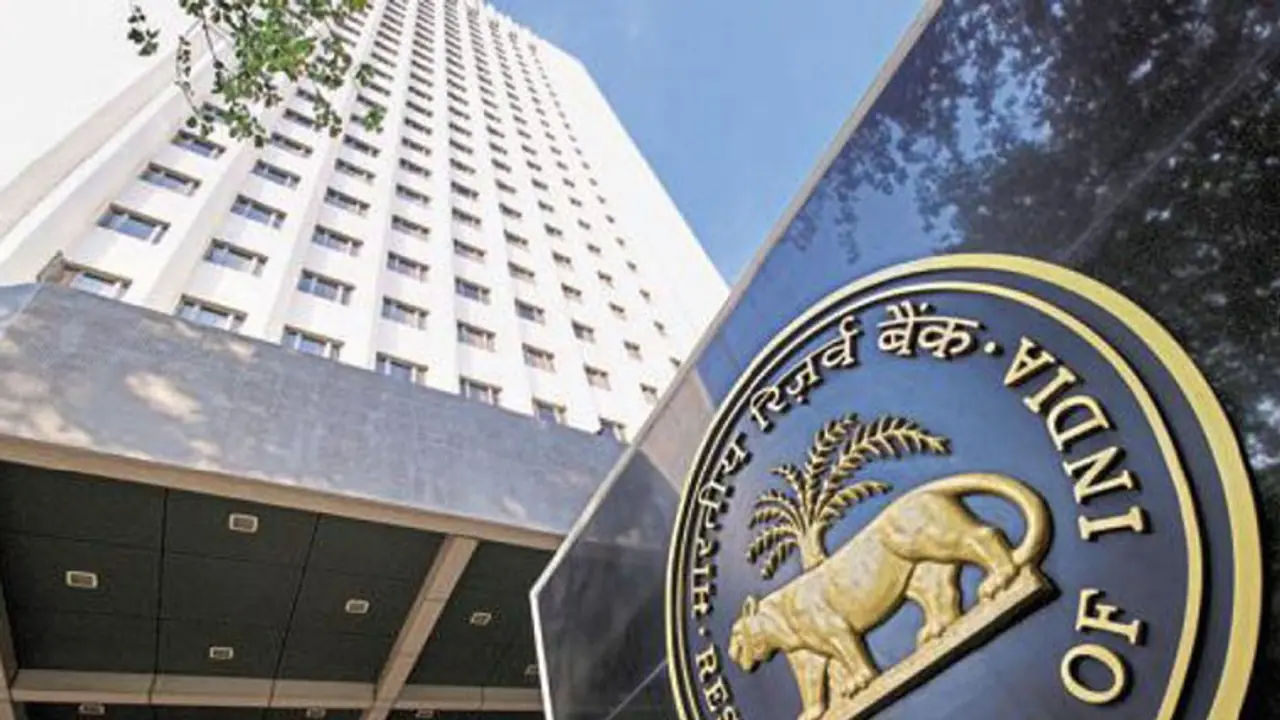The government officials have written back saying that rift details could tarnish the country's image among investors
New Delhi: A recent speech by RBI deputy governor Viral Acharya clearly hinted that all is not well between the Centre and the central bank of India. Things turned worse with the association of the bank's employees siding with its deputy governor on Monday.
On Friday, deputy governor Acharya had said: “A government’s horizon of decision-making is rendered short, like the duration of a T20 match (to use a cricketing analogy), by several considerations. There are always upcoming elections of some sort – national, state, mid-term, etc. As elections approach, delivering on proclaimed manifestos of the past acquires urgency; where manifestos cannot be delivered upon, populist alternatives need to be arranged with immediacy.”
According to a Reuters report, the government officials are very upset with the RBI for making the rift public. They fear it could tarnish the country's image among investors.
Top developments in the case:
- Dr Acharya, who is Number 2 in the bank, said: "In contrast, a central bank plays a Test match, trying to win each session but importantly also survive it so as to have a chance to win the next session, and so on. In particular, the central bank is not directly subject to political time pressures and the induced neglect of the future; by virtue of being nominated rather than elected, central bankers have horizons of decision-making that tend to be longer than that of governments, spanning election cycles or war periods."
- "Sweeping bank loan losses under the rug by compromising supervisory and regulatory standards can create a façade of financial stability in the short run, but inevitably cause the fragile deck of cards to fall in a heap at some point in future, likely with a greater taxpayer bill and loss of potential output."
- "Unfortunately, not all politicians are thoughtful. Not all have the patience to wait for long-term gains. Not all are pleased when appointees refuse to bow to their wishes. And not all are respectful of inherited institutions and conventions, be they central bank independence or, more broadly, the division of powers."
- "One important limitation is that the Reserve Bank is statutorily limited in undertaking the full scope of actions against public sector banks (PSBs) – such as asset divestiture, replacement of management and Board, license revocation, and resolution actions such as mergers or sales –– all of which it can and does deploy effectively in case of private banks."
- He thanked his boss Urjit Patel for his "suggestion to explore this theme for a speech", signaling total unity at the institution.
- In a statement on Monday, the All India Reserve Bank Employees Association said "undermining the country's central bank was a recipe for disaster which the government must desist". "Let the two talk and sort out the issues instead of the government trying to ride roughshod over the RBI, what they are trying at the expense of the nation," the statement read.
